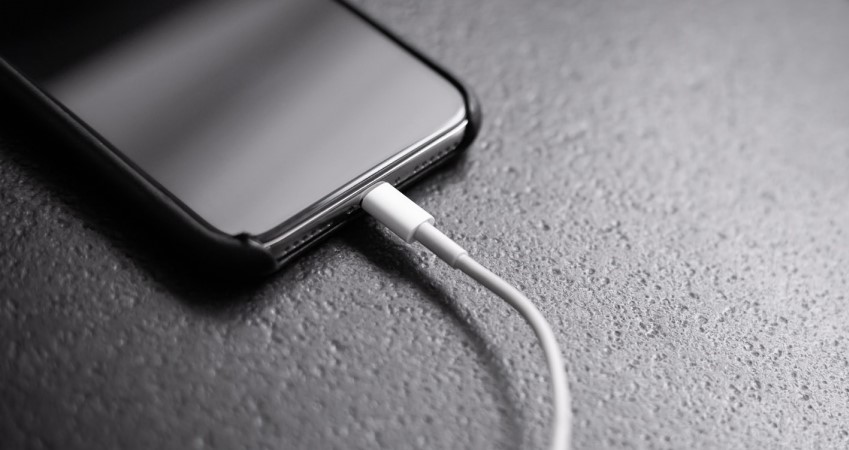European Agreement on the Introduction of a Universal Charger for Smartphones and Tablets

Negotiators from the European Parliament and the Member States have reached an agreement to introduce a universal charger for smartphones, tablets and several other portable devices. Regardless of the manufacturer, all these devices must be equipped with a USB-C connection from August 2024.
The introduction of a universal charger has been debated in European institutions for more than ten years. Since then, the number of chargers has shrunk considerably through voluntary commitments from the technology sector, but so far there has been no single universal charger. Apple, in particular, continued to hinder. That is why the European Commission decided in September last year to push the unique model through legislation.
Nine months later, there is already a deal. European consumers have long been frustrated with the many chargers piling up with every device in the home. Now they will be able to use one charger for all their portable electronics,” said Maltese Social Democrat Alex Agius Saliba, who led the negotiations with the Member States on behalf of the European Parliament.
According to Saliba, the MPs have succeeded in extending the obligation to a total of 15 product categories. The rule will therefore not only apply to smartphones, tablets, digital cameras, headphones, headsets, portable speakers and game consoles but also, for example, to smartwatches and e-readers. Laptops are also taken. An additional transition period until 2026 applies to this product. In addition, the Commission is asked to work on standardizing wireless charging.
The introduction of a universal charger is accompanied by new obligations in the field of labelling and the provision of information to consumers. They will also no longer be obliged to purchase a new charger or cable with every new device. Consumers now spend 2.4 billion euros annually on chargers. The new rule would save them 250 million euros. Thousands of tons less waste would also be produced. At present, removed and unused chargers still account for eleven thousand tons of electronic waste every year.
Apple, which still uses its Lightning technology for iPhones, iPads and other gadgets, has been the most vocal opponent of a universal charger. The company fears that imposing a unique model will slow down innovation. ‘Everyone is welcome on the European market, but there are rules. They will have to adapt,” said European Commissioner for Internal Market Thierry Breton. The Frenchman does not believe that innovation is being thwarted. ‘They will continue to innovate, I have every confidence in that.’